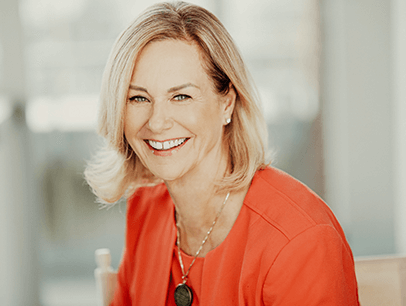
When I was in high school, only one elective was open to me: typing.
Imagine the boredom for my teenage brain! I could not see the advantages of doing such repetitive work, but I dutifully slogged through my elective and did my best to get good marks.
After I graduated and began applying for jobs, I discovered that my typing skills were in high demand. Perhaps that awful class hadn’t been such a waste? By the time I launched my own business, I knew that typing had been a part of my growth process. I just couldn’t see it at the time.
Sometimes the tasks we’re most resistant to are the ones that help us the most. I remember my first Toastmasters meetings. I was a member of a club full of wonderful people with great ideas … and our business meetings were exercises in frustration! We couldn’t make effective decisions because we were speaking over each other and didn’t know when or how to make our point.
When someone brought up Robert’s Rules of Order, I sighed inwardly. Do we have to? Here was another system I had to learn. Where the heck would I use it? Certainly not outside of Toastmasters. Of course, you can guess—once our rules were in place, we were able to make efficient decisions that propelled our club forward. But the experience propelled me forward, as well.
Sometimes the tasks we’re most resistant to are the ones that help us the most.
Once I was willing to learn the lessons from my club meetings, I became known as someone who could run meetings while keeping conflict to a minimum. I chaired contentious sessions between community members and salmon farmers. I led discussions for women who felt they weren’t being heard in the political process. I was able to step up for my community in ways that really mattered—all because I learned a model and a process that I initially didn’t want to consider.
Our learning curve often involves steps we don’t anticipate or want to take. I went through many wasted sheets of paper during typing class. I made mistake after mistake as I learned how to effectively lead a meeting so everyone was heard. But once I committed, I was willing to be temporarily terrible in pursuit of growth.
As a Toastmaster, you’ve already proven you’re someone who is willing to work hard. Be confident in your capacity to grow. Consider how annoyances might provide opportunities. You never know what diamonds you’ll find in the rough.
Margaret Page, DTM
International President
Related Articles

President's Message
How to Make Every Member Feel Valued
President's Message



 Previous
Previous

 Previous Article
Previous Article